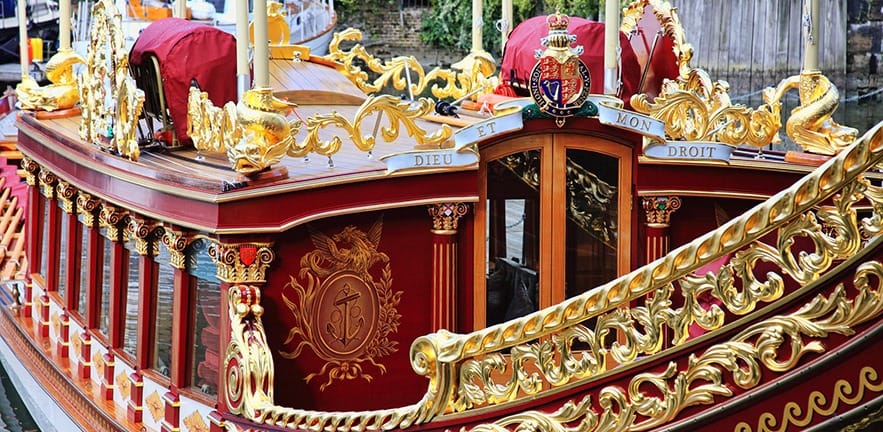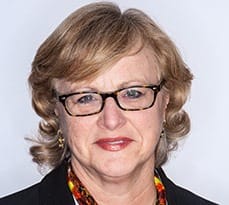Ailsa Kegler of Newton Investment Management, an alumna of the Advanced Leadership Programme (ALP 2015) delivered by Cambridge Judge Business School Executive Education, talks about leadership, gender inequality and the Boat Race.


You have been working at BNY Mellon and Newton Investment Management, one of BNY Mellon’s boutiques, for many years, and currently head up the Investment Services team at Newton. Why did you choose this sector, and how did you get to your current position?
I studied business and economics at Lafayette College in Pennsylvania, and started my career at BNY Mellon Bank in Philadelphia in 1984 as a fund manager. My career developed from there. What I like about this industry is that you can see and are judged on measurable results. I’ve also been able to have a work-family balance: the company helped with my MBA studies and Chartered Financial Analyst (CFA) accreditation, and I got promotions after I came back from both maternity leaves.
How did you end up in London?
I have a British passport, and in 2004 I started working at Newton Investment Management (a BNY Mellon boutique) in London. This was a totally different experience: in Philadelphia I was dealing with investment grade, domestic bonds, and in London widened my investment scope to include global equities, high yield bonds, foreign exchange and derivatives.
Did the financial crisis affect your approach toward business and banking?
I took on a management role just couple weeks before the financial crisis when things changed overnight. People were worried and we needed to make sure to get the right messages out to our clients and staff. The industry changed after 2008: there are more regulations and policies, and we also have seen an increased amount of client interaction – they want to know what is happening with their investments.
Let’s talk about leadership. What makes a good leader?
We have a terrific leader, our new Chief Executive Hanneke Smits, who is well known in the investment sector. Before her, former CEO Helena Morrissey was a great role model for 15 years. To become a good leader you need to have support from upper management, and to see examples that inspire you. I think being a parent helped me to become a better leader as well– I’m more patient and encouraging. It’s also important to communicate with employees: they need to be valued, respected and acknowledged for their work.
Leadership and gender inequality. What do you think would help to get more women into top roles?
It’s hard to get to the top – you need to have a mental capacity and be in the right job. It’s helpful to have role models and your company’s management team buying in. But a lot of encouragement needs to come from within – if you believe in yourself, you can do it. And, more practically, good childcare – this needs to be sorted out if we want more women in the C-suite. When I started my career in the sector, very often I was the only woman in the office but that didn’t discourage me: I was really focusing on my job and how to do it well.
You recently rowed the Gloriana, the Queen’s Rowbarge, as part of the celebrations of the 2017 Cancer Research UK Boat Races. How did you get involved in rowing?
Rowing is my passion. I got involved in the sport at college and continued after graduating. I used to train twice a day which made me more fearless at work: I thought if I can get up at 5am and row really hard, then I can deal with anything. Newton has supported the Women’s Boat Race since 2011, and has helped to achieve parity between the men’s and women’s rowing clubs. Historically, the men’s race got all the attention, but starting in 2015, with the help of Newton’s funding, both races took place on the same day over the same famous course.
Over the past 12 months, my rowing career has started up again; last autumn, three colleagues and I raced for BNY Mellon/Newton at the Head of the Charles Regatta in Boston. I didn’t think I was ready – I thought I’m too old for this – but I trained for seven weeks with supportive young athletes to get ready for the day.
Following this, we were invited to take part in the Boat Race celebrations on 2 April this year by rowing on the Gloriana in the flotilla which went down the course ahead of the boat races. It was one of those days when the weather was perfect, the atmosphere electric, and the experience glorious. You find yourself asking “How did I end up here?” as 400,000 people watch you rowing.

